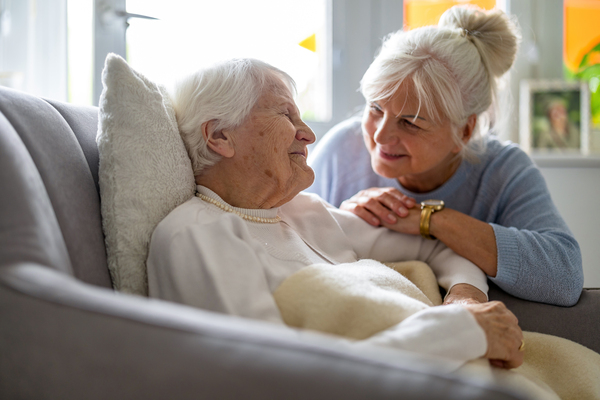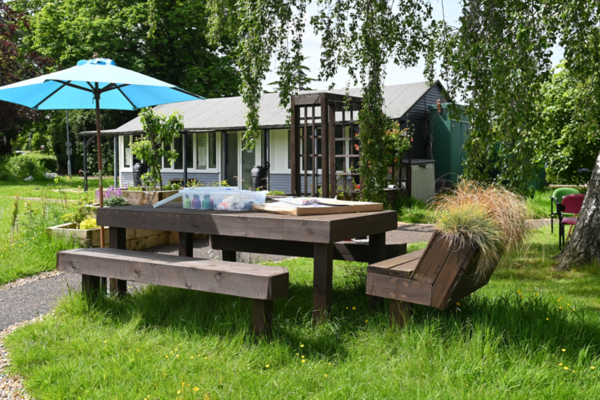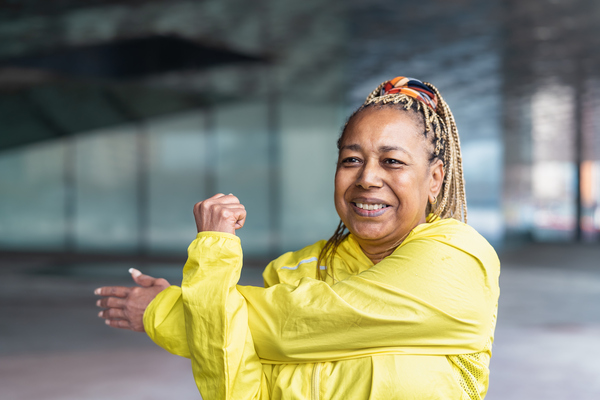The Inclusive Screen: How to Make TV Dementia-Friendly - our new report offers practical guidance on turning TV into a tool for connection, wellbeing and engagement for people living with dementia
Too often, traditional television is inaccessible to people living with dementia, with rapid pacing or complex storylines that can cause confusion or distress.
Through our streaming service My Life TV, My Life Films already reaches thousands of people living with dementia across homes and care settings in the UK. Our service provides programmes that improve mood, reduce anxiety, support carers, and encourage group participation, transforming TV from a passive habit into a purposeful, inclusive activity.
The content on My Life TV ranges from quizzes, singalongs, drawing and chair yoga to nature programmes, feel-good shows, and classic favourites from the 1960s onwards — all carefully designed to meet the cognitive and emotional needs of people living with dementia.
Current research into dementia-friendly TV is limited and leaves several gaps to be addressed. While studies highlight the value of cognitively appropriate programming, simplified news formats, and reminiscence-based films, there is little consensus on how these principles translate into broader TV content across genres.
At My Life Films we felt that more research was needed to establish clear, evidence-based guidelines for dementia-friendly TV – and as a pioneer in this field, we are well positioned to contribute to the body of knowledge on dementia-friendly TV.
We have done this by bringing together over ten years of organisational expertise, focus group discussions with our co-production panel and interviews with experts in the field of activity provision, evidence-based research and digital innovation in dementia care.
The Inclusive Screen proves that thoughtfully designed TV can do far more than entertain. It can calm, connect, trigger memories, and foster participation - putting person-centred care at the heart of screen time.
Download the report here:
The Inclusive Screen podcast series
To ensure our report reflected a broad, multidisciplinary understanding of dementia-friendly TV, we interviewed a range of allied professionals, including psychologists, occupational therapists and music therapists.
Their insights on clinical, therapeutic, creative, practical, and accessibility considerations ensured that we incorporated best practice across the sector into our recommendations:
| Sam Dondi-Smith | National Dementia Care Accreditation Scheme | Best and worst practice in TV use in care settings |
| Dr Frances Duffy | 6D Dementia | Principles and practice in person-centred dementia care |
| Amy Dunning | Manchester Camerata | The power of music to facilitate connection, autonomy and emotional expression |
| Dr Joshua Freitas | CERTUS Institute | Activity design that creates purpose and engagement |
| Elaine Harvey | Moving Minds | Creative engagement to restore agency, identity, and connection |
| Zoe Moores | Accessibility expert | Accessibility tools and slow-paced visual storytelling to make programmes easier to follow and more engaging |
| Natalie Ravenscroft | National Activity Providers Association | TV-based activities to provide comfort and spark reminiscence |
The Inclusive Screen podcast series on our YouTube channel captures their reflections in full:









